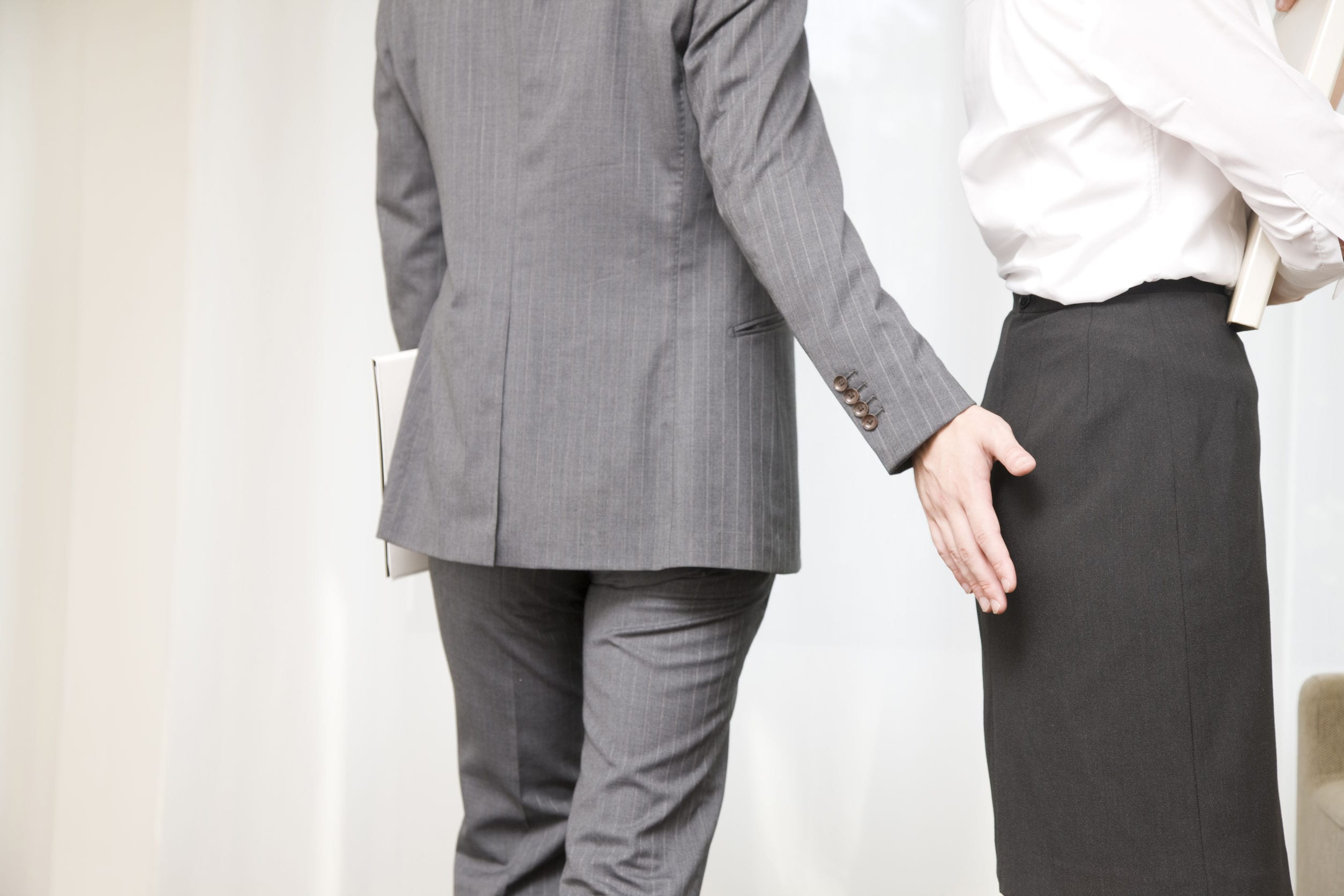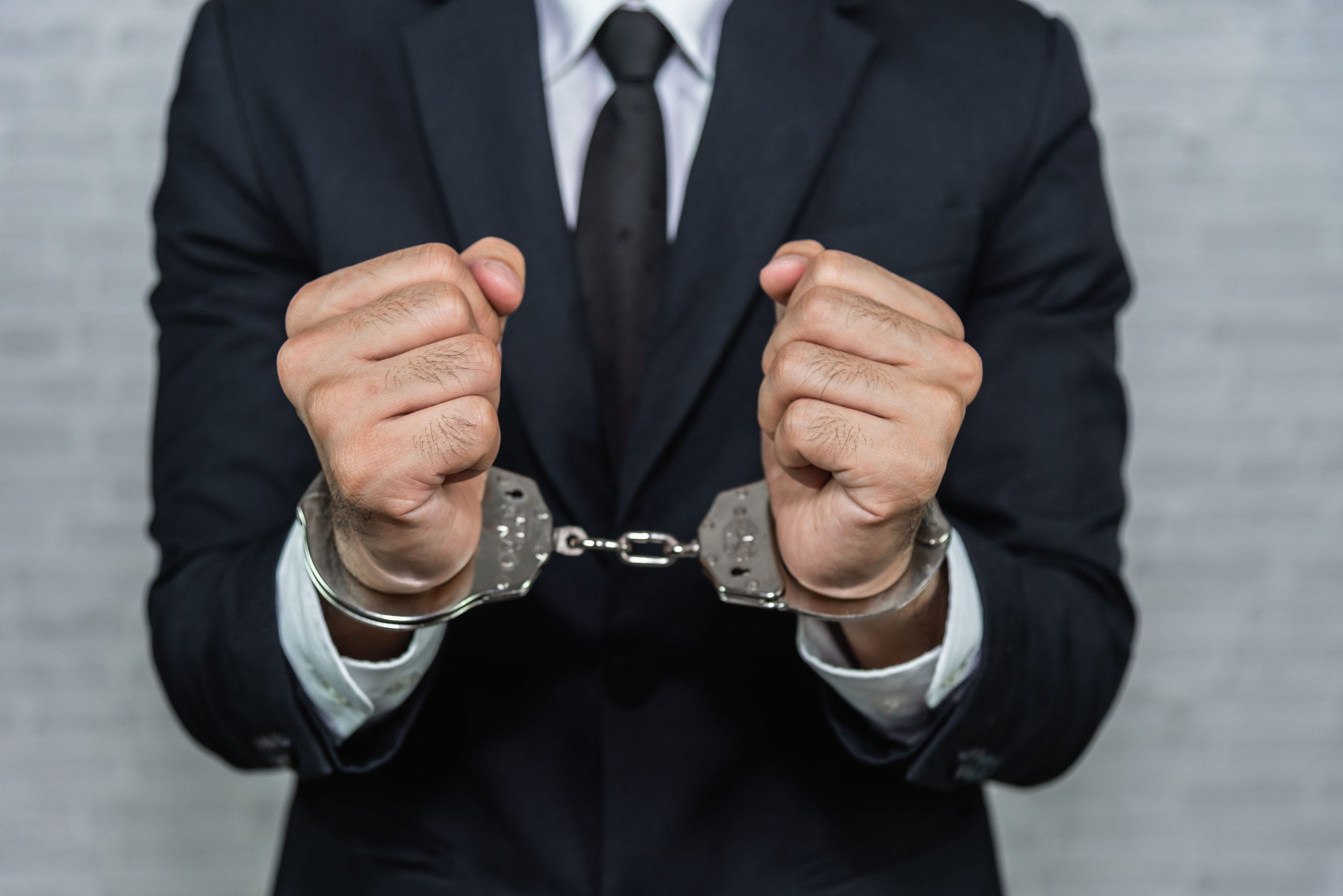- Home
- THE FIRM+
- Criminal Defense+
- CASE RESULTS
- AREAS WE SERVE+
- FAQ’s
- Blog
- Contact
AZHARI LLC BLOG

Posted By: Sami Azhari
Category:
The office holiday party has long been regarded as a way for overworked employees to cut loose and enjoy themselves at the end of the year.
In most cases, holiday parties are harmless fun that ends well for everyone. However, sexual misconduct is also relatively common at holiday parties, especially when alcohol is involved.
Maybe you decide to pursue a coworker you’ve been admiring from afar all year, and this doesn’t go over well. Or perhaps a harmless party game got out of hand, and someone was offended.
Whatever the case, if you’re facing sexual harassment allegations after your holiday party, it’s important to know what consequences you could be facing — both criminal and civil. We’ve put together a guide covering the civil and criminal consequences of workplace sexual harassment allegations.
What Could Be Sexual Harassment at Your IL Holiday Party?
Holiday parties are often problematic because some employees treat these events as a chance to really cut loose — in other words, as a party. This is especially the case if alcohol is involved, or if the party is held after hours.
However, a work party is still work, and conduct that’s perfectly acceptable at another party could be considered sexual misconduct among coworkers. For legal purposes, an office party is generally seen as an extension of the office, even when held off-site or after hours.
Common examples of office holiday party sexual harassment include:
- Giving inappropriate gifts of a sexual nature to a coworker or employee
- Making uncomfortable sexual remarks or jokes
- Unwanted or unwelcome touching (for example, excessive greetings)
- Dancing that gets too physical
- A forcible kiss under the mistletoe
- Inappropriate remarks about a coworker’s appearance
- Playing uncomfortable games such as “truth or dare” or “Twister”
- Propositioning a coworker with romantic or sexual suggestions
- Sex acts that take place during or after the party
Legally speaking, any conduct that isn’t acceptable in the office isn’t acceptable at an office holiday party. This is true despite the more relaxed atmosphere of these events.
Is Illinois Sexual Harassment a Civil or Criminal Matter?
If you are accused of workplace sexual harassment, you could potentially face a host of consequences, including:
- Disciplinary actions from your employer, including termination
- A civil suit from the alleged victim
- Damage to your reputation
- Criminal charges
Most sexual harassment cases are handled civilly, and the main consequences you could face are those from your employer, monetary losses, and damage to your reputation. However, it’s also possible that you could be brought up on criminal charges.
Essentially, the difference between criminal and civil charges is who filed them. Criminal charges involve breaking a law made by the government and are filed by the justice system. Civil law deals with a dispute between two entities, and civil action is taken by the alleged victim.
What Are the Civil Consequences of IL Sexual Harassment Allegations
The Illinois Human Rights Act establishes that every citizen has the right to be free from sexual harassment in employment and education.
Workplace sexual harassment occurs when someone makes unwanted sexual advances towards a coworker or otherwise engages in inappropriate conduct of a sexual nature. For these actions to constitute sexual harassment, they must:
- Interfere with a person’s job or ability to do it
- Create a work environment that is intimidating, hostile or offensive
When facing a civil suit from the alleged victim, you may wind up subject to damages such as:
- Lost wages
- Compensation for personal injuries, including physical, mental and emotional injuries
- Punitive damages
- Attorneys’ fees
When Are IL Sexual Harassment Allegations a Criminal Offense?
Generally, when sex crime charges stem from sexual harassment cases, they involve physical sexual contact of some kind or stalking of the alleged victim.
Illinois defines sexual assault as occurring when the perpetrator commits a penetrative sexual act against another without that person’s explicit consent. This includes situations in which the victim is very intoxicated, and is, therefore, unable to give consent.
In the context of the workplace, this could also include certain types of coercion. For example, threatening to fire an employee unless he or she performs a sex act or sexual favor of some kind. Sexual assault is punishable by many years behind bars and mandatory sex offender registration.
Workplace sexual harassment can also result in criminal charges if it involves an intimidating threat of sexual misconduct, repeated unwanted advances or stalking.
Sexual harassment allegations of any kind aren’t something to mess around with. Regardless of whether you’re facing civil liability, criminal charges or both, the potential consequences are dire.
About the Author
Sami Azhari has been working as a lawyer since 2007, after receiving his Juris Doctor from the Michigan State University College of Law. He has handled numerous state and federal cases, and is known throughout the Chicago and Rolling Meadows area for providing his clients with high-quality, skilled representation. He has been recognized by SuperLawyers, the National Trial Lawyers Association, and other notable organizations, and has spoken at a number of legal conferences.



























































